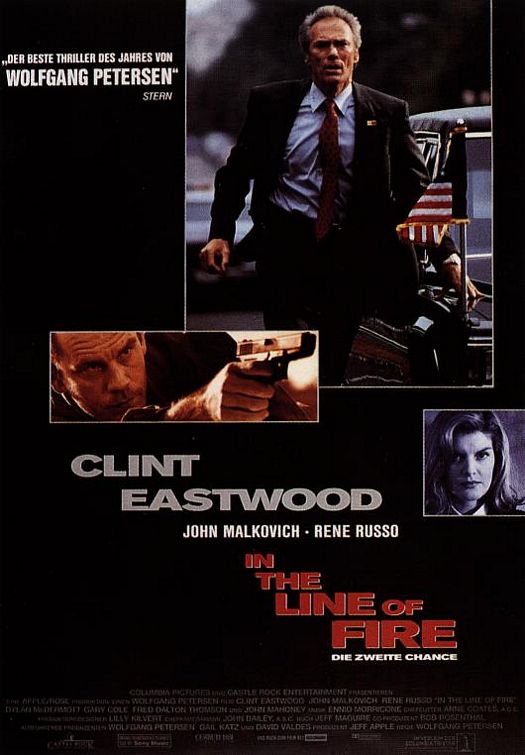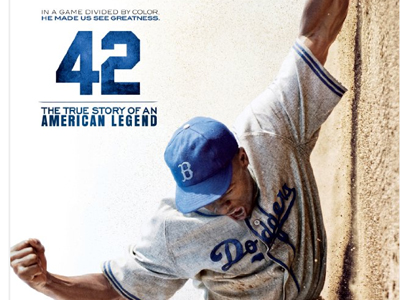 Welcome everyone to the finale of my third “Black History Month Movie Reviews,” where we will end off with a bang. Sometimes you have to prepare yourself for the journey a film takes you on. That is definitely the case with “12 Years a Slave,” a breaking up, unforgettable drama that doesn’t look away from the reality of slavery and, in doing so, helps us all completely, truly face it.
Welcome everyone to the finale of my third “Black History Month Movie Reviews,” where we will end off with a bang. Sometimes you have to prepare yourself for the journey a film takes you on. That is definitely the case with “12 Years a Slave,” a breaking up, unforgettable drama that doesn’t look away from the reality of slavery and, in doing so, helps us all completely, truly face it.
Seen first in director Steve McQueen’s 2013 film are the empty eyes of a group of slaves getting ready to work in the field. Then they sleep jammed together in a small room. One of them is Solomon Northup, played by British actor Chiwetel Ejiofor, who had another life.
In 1841, Northup was a free man earning a good living as a musician in Saratoga, N.Y. When his wife (Kelsey Scott) and two young children (Quvenzhané Wallis and Cameron Zeigler) leave for a trip, Solomon is approached by two strangers (Paul Giamatti and Christopher Berry) saying that they are businessmen looking for a violinist to perform in Washington, D.C. He eats and drinks with them, then wakes up in chains, captured by slave traders. He is bean, and though planning an escape, is sent South to be sold.
Renamed “Platt,” (similar in the miniseries “Roots”) Northup is bought at a monstrous, complicated auction by painstaking land owner, Ford, played by Benedict Cumberbatch. However, a run-in with Ford’s evil manager (Paul Dano) requires Northup being sold to work with plantation of the disturbed Epps (Michael Fassbender). As Northup learns to survive – his identity, his humanity, taken away – he hopes to hear from his family in the North.
Joe Neumaier said in his review, “McQueen allows everyday violence and degradation to seep into the film slowly. By the time Northup is nearly hanged by standing all day, unacknowledged, with a noose around his neck as the ground sinks beneath him — with slaves and foremen blankly passing by — the commonplace barbarity is sickeningly apparent.”
Examples of the evildoing are the drunken Epps and his cruel wife, played by Sarah Paulson. Epps is infatuated with his young slave Patsey, played by Lupita Nyong’o, saying to his wife that he would divorce her before he would sell Patsey. Then Epps sits steady as Patsey is beaten during a late-night dance where the tired slaves’ forced good behavior is a horrid echo of the affairs Northup once performed at.
Neumaier goes on to say that, “John Ridley’s deft, well-structured screenplay balances moments of terror with telling glances of Northup’s sad resignation. Hans Zimmer’s music underscores gently or, at times, jarringly, a symphonic suggestion of being caught in a machine.” Of the entire film, Ejiofor, Nyong’o and Fassbender are amazing. Paulson, Dano and Giamatti make such nasty villains, while Cumberbatch and Brad Pitt (an actor that I do not like at all), playing a Canadian laborer, gives glimmers of lights.
The film hints that Northup – whose 1853 memoir the film is based on – had a clear disrespect of the reality of slavery before his capture. However his journey into this nightmare becomes outs as well. By showing that, McQueen made this film comparable to “Schindler’s List” – films that may be hard to watch, but where the necessary look at man’s heartlessness to man.
It is struggling, but “12 Years a Slave” earns its tears in a way that only a selected number of films ever do.
Don’t be afraid to say that this was one of the hardest films to watch, emotionally speaking, because it is. I know I had a hard time watching this film, but I do have to say that it is worth watching, but don’t feel bad that you can’t sit through the whole film in one sitting. If you have to watch it in multiple takes, then do so because there’s nothing wrong with that. This is definitely a film that is worth seeing for Black History Month.
Thank you guys for tuning in every week for this year’s “Black History Month Movie Reviews.” I hope all of you have enjoyed it and I hope that I did make some good recommendations. Stay tuned for more of my reviews coming at you. I’ll see you in March. Take care.




